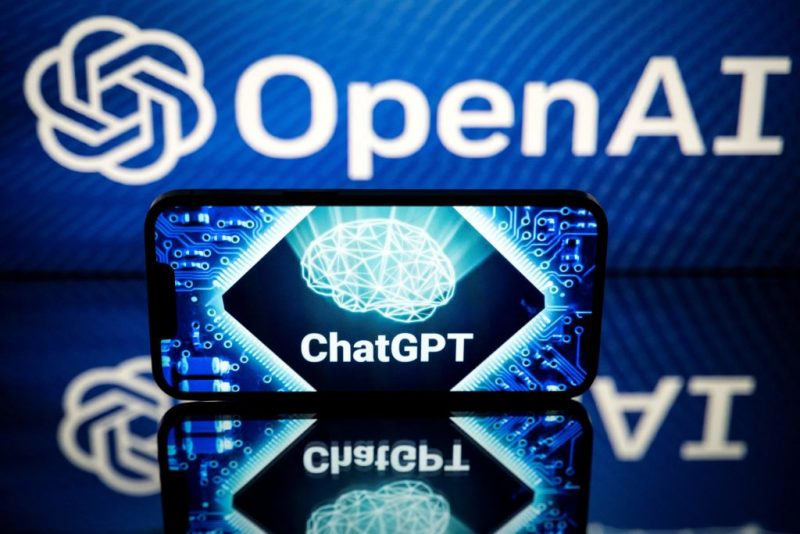

OAN’s Elizabeth Volberding
9:50 AM – Friday, September 29, 2023
OpenAI’s ChatGPT, the popular artificial intelligence platform, will now have the ability to respond to spoken words and images. However, experts are concerned that the application could result in unwanted invasions of privacy.
Advertisement
On Monday, OpenAI, the company which owns ChatGPT, released the latest updated version of the chatbot. The new updates allow users to interact with the application and can now “see, hear and speak,” or comprehend spoken words, respond with a synthetic voice and have the ability to process images.
The updates will be rolling out to paying users within the next two weeks, according to OpenAI. Voice functionality will be limited to the iOS and Android Apps but the image processing capacities will be available on all platforms.
“We’re looking to make ChatGPT easier to use – and more helpful,” Peter Deng, OpenAI’s vice president of consumer and enterprise product, told The New York Times.
Users of ChatGPT will be able to speak to the application, which will reply with a spoken voice of its own. Additionally, the chatbot will be able to respond with images, meaning that users could upload a picture of their open refrigerator and the application would respond with recipe ideas based on what is inside.
Although OpenAI has been producing many new AI tools within recent weeks, some experts have questioned just how helpful the updated version of ChatGPT would be.
“While voice detection and conversational capability sound impressive, it does not really improve the current capabilities of ChatGPT,” Christopher Alexander, chief analytics officer of Pioneer Development Group, told Fox News Digital. “Essentially you can just dictate your Natural Language Processing commands instead of typing them.”
Additionally, Alexander revealed that there will be considerations for users of the latest version, explaining that it has the potential to enhance its capabilities to be used as a “surveillance tool.”
“You now have ChatGPT listening to you and collecting additional information,” Alexander announced. “When you are speaking to ChatGPT, it is learning how to better process voices by pitch, accent, etc. The training people provide the AI in voice may help ChatGPT develop incredibly realistic voice capabilities for AI personas in the very near future. This has great creative potential but could also make deep fakes exponentially more difficult to detect if you can use future voice technology as a result of this work.”
Another expert, Ziven Havens, who is a policy director at the Bull Moose Project, expressed corresponding concerns about possible privacy invasions. Reportedly, he told Fox News Digital that the application could be part of a developing trend to “collect unprecedented levels of data on Americans.”
“As AI has grown, so too has the ability for companies like OpenAI to collect even more data, including the voices of Americans and the images they supply to ChatGPT,” Havens explained. “Congress must act to protect Americans from signing away their privacy in the name of innovation.”
On Monday, OpenAI acknowledged many of the concerns in an announcement, saying that the synthetic voices were “created with voice actors we have directly worked with,” rather than gathered from strangers.
The announcement also did not provide much insight into how OpenAI will be utilizing consumer voice inputs, or how the chatbot application will secure that data if it were used.
The company’s terms of service declare that consumers own their inputs “to the extent permitted by applicable law.”
Stay informed! Receive breaking news blasts directly to your inbox for free. Subscribe here. https://www.oann.com/alerts






Be the first to comment